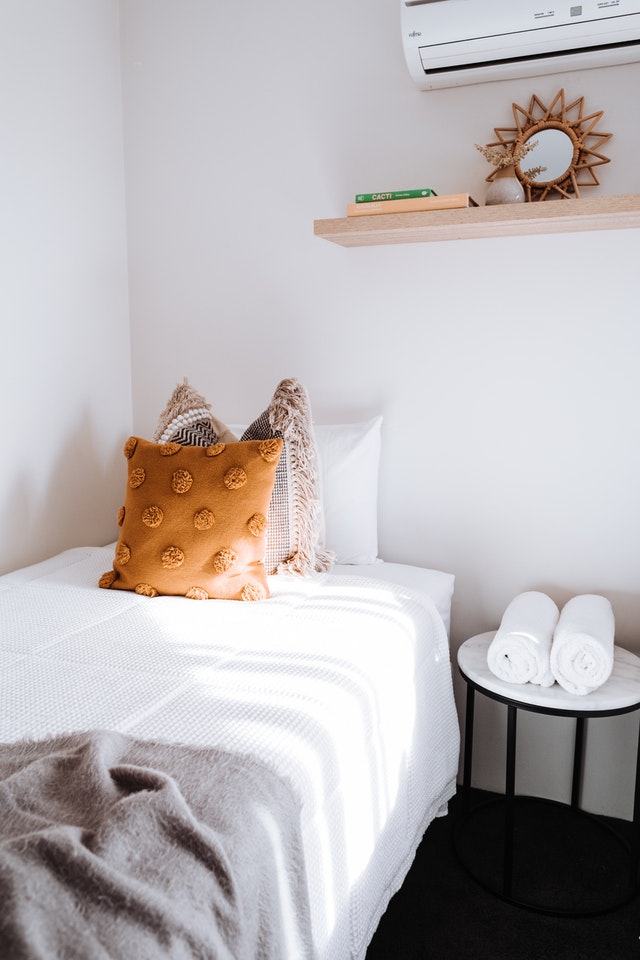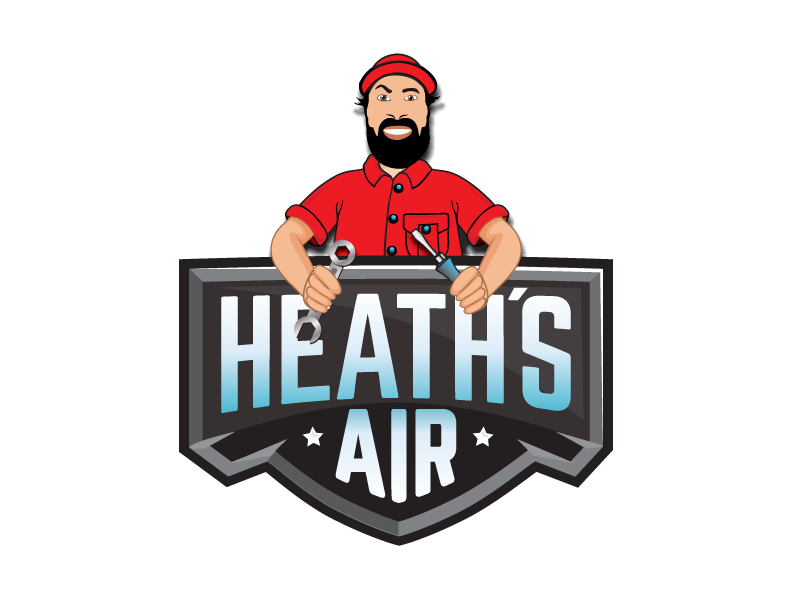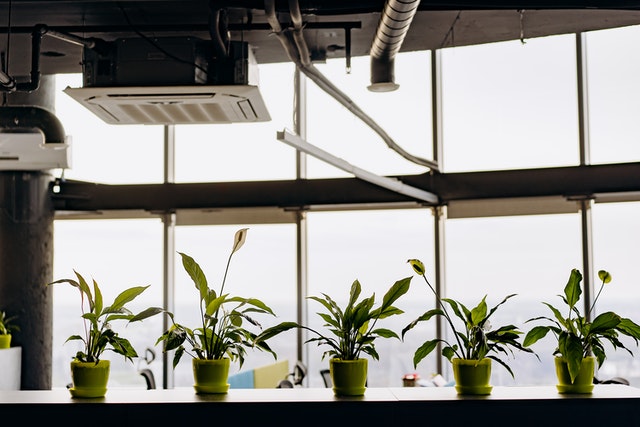How much electricity does your air conditioning system used in one year? Is your cooling system costing you money by using up more power than it should? What are the factors that contribute to your AC’s power consumption and how can you make the system more efficient?
As Service Star Realty explains, several things come together to determine the power usage of an air conditioning system. The ones that immediately come to mind are the capacity of the AC, the size of the room where the AC is installed, the number of hours the AC is used, and the climate of the location where the building is.
In addition to these, the type of air conditioning also influences its energy usage. Ducted systems typically use more power than split systems. Other factors that affect the electricity use of an air conditioning system are the number of people in a room and how much maintenance the system receives.
If an air conditioner is not working efficiently, what can you do to solve the problem? There are two aspects to what you can do to improve the efficiency of your air conditioning systems. The first is to improve the maintenance of the air conditioner. The second is simple steps you can take now which cost you nothing.
But first, what are the signs you can look for to tell you when your AC is not working efficiently?
Signs of Inefficient Air Conditioning System

- Higher energy costs: The first sign of an inefficient air conditioning system is higher utility bills. If you notice an unexplainable spike in the electricity bill, you can suspect the air conditioning.
- Cycling at short intervals: If the thermostat cycles on and off too often, the AC will
simply not be able to work efficiently. - Unusual sounds: Strange noises from the air conditioner are a sign that something is out
of place with the system. - Ice on the compressor: If you see that ice is building up on the compressor, it is a sign of
a leak in the coolant line. This will affect the AC’s efficiency.
Simple steps to improve the efficiency of your AC systems
1. Keep dirt and debris away from outdoor units
Debris inside the condenser unit of your air conditioning system will mess with its function. The condenser unit should be cleaned properly and regularly. Additionally, the unit needs to breathe. You can ensure this by removing any plants or items that obstruct its airflow.
2. Clean and unblock indoor vents
The air conditioner uses the stream of air that passes through it to cool the room where it is. That stream of air can carry debris into the air vents and clog them. Clogged air vents place a strain on the air conditioner and force it to work harder than it should. Obstructing air vents with furniture and other items will also affect the AC’s efficiency.
3. Adjust thermostat settings
Making a 5-8 degree adjustment in the temperature settings (up in summer and down in winter) of your thermostat can result in significant savings. If yours has a programmable thermostat, you can set it up to have different temperature settings for different times of the day. Consider those times when you will be away from the house.
4. Do not keep heat-emitting items near the thermostat
The thermostat of the AC senses the ambient temperature before it tells the AC how much a room needs to be cooled. Placing lamps and appliances that generate heat close to the thermostat will lead the thermostat to think a room is warmer than it is. This will overwork the AC.
5. Reduce the amount of direct sunlight entering rooms
Sunlight has the same effect on the operation of the AC as having a heat-emitting object near the thermostat. During those times of the day when direct sunlight is hitting the windows of the building, reduce the amount of the sun’s heat entering the room by using curtains and blinds.

Your AC has a drain line. This is typically located close to the indoor cooling unit. Cleaning this drain line will improve the function of the AC. You can do this by flushing vinegar down the drain and following it with water to rinse it. Keeping the drain line clear throughout the summer will improve AC efficiency.
7. Do not use the oven or dryer in the heat of the day
Using your hair dryer or oven in the hottest periods of the day draws warm air into the rooms. This increases the inside temperature of rooms and places an additional burden on the air conditioning system. If you need to use the dryer or oven, it’s recommended to do it when the day is cool.
8. Insulate exposed ductwork
Air ducts that travel through rooms or spaces that are not air-conditioned will warm up and carry heat back to the AC. This may even lead to fire accidents if left unchecked for a prolonged amount of time. To keep this from happening, insulate the ductworks using the recommended thickness of duct insulating material. Also check that ducts don’t have leaks, as those can also impair the function of the AC.
Get AC Help From Heath’s Air Today!
If you want to make sure that your HVAC system runs optimally for years to come, schedule regular maintenance with Heath’s Air by filling out this form. Our owner, Heath, is a Bosch-certified HVAC technician, and we have experience working on all the other major HVAC brands, meaning we can work on whatever system you have in your home. We’ll make sure your system runs well so you have the consistent comfort you deserve.
Pssst – Did you know that if you’ve had an HVAC system installed by Heath’s Air you get 2 years of free maintenance?
24/7 Emergency Repair Services






